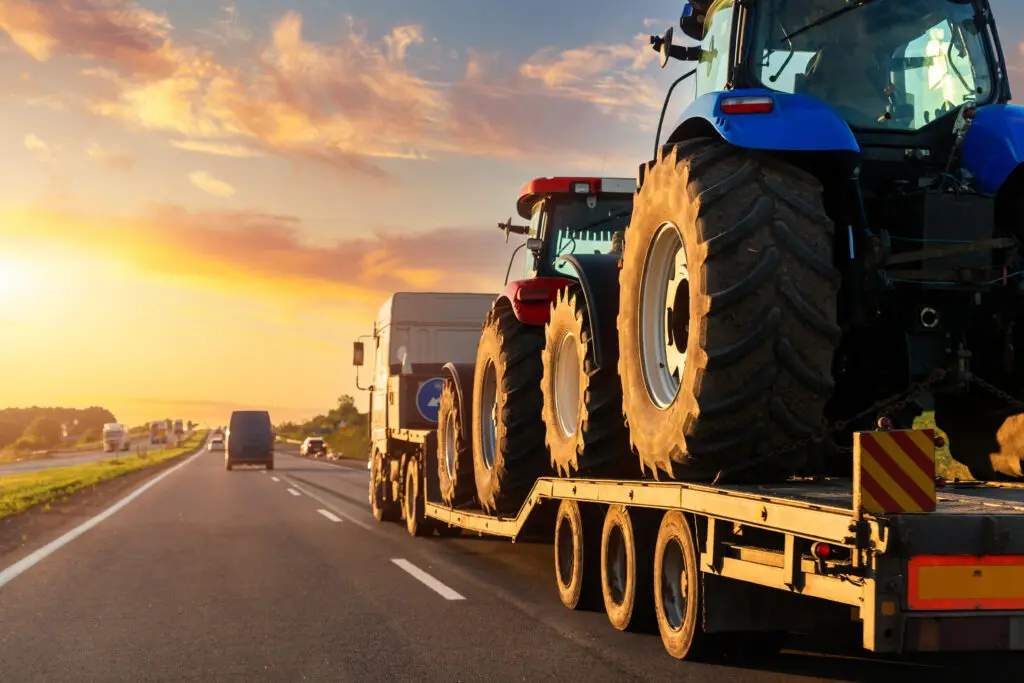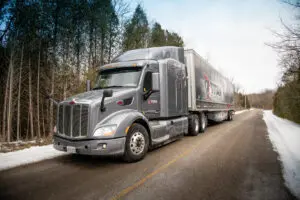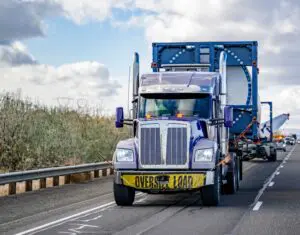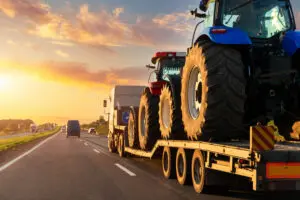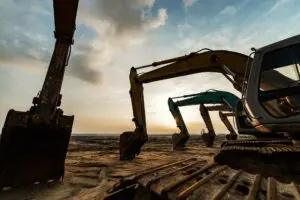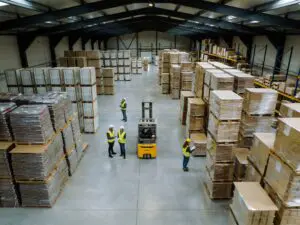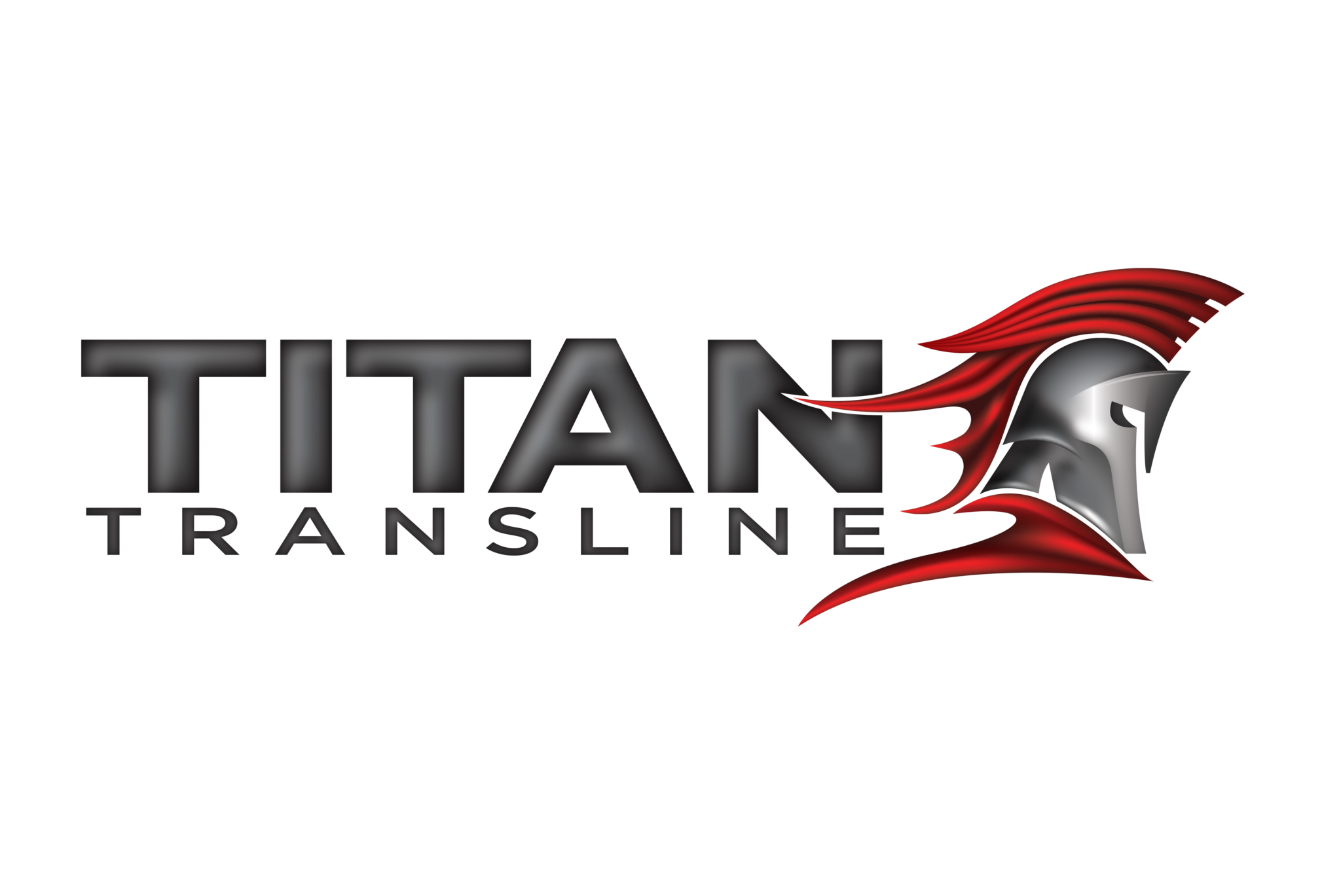Choosing the right trailer is critical to ensure efficient, safe, and compliant cargo movement for any task, big or small. Among the many types available, step deck trucks, also known as drop-deck trailers, stand out as a popular alternative to standard flatbeds, especially for taller freight.
What Is a Step deck Truck?
A step deck truck is a type of flatbed trailer that features two deck levels: an upper deck (closer to the tractor) and a lower deck that drops down after the clearance over the truck’s rear axles. This design allows for hauling taller loads without exceeding legal height restrictions, which is a major advantage in certain logistics scenarios.
The typical dimensions of a standard step deck trailer are:
- Length: 48 to 53 feet with the top deck at approximately 11 feet long
- Width: 8 feet, 6 inches
- Deck Height: 60 inch top deck and 42 inch bottom deck
Why Choose a Step deck Over a Standard Flatbed?
- Greater Vertical Clearance
The most significant advantage of a step deck trailer is its ability to carry taller loads. Standard flatbeds usually allow for a maximum load height of 8’6″, but a step deck’s lower deck enables legal cargo heights up to 10 feet—ideal for taller equipment or stacked materials.
- Easier Loading and Unloading
Step deck trailers are often easier to load with forklifts due to their lower deck height and lack of side rails. Ramps can be added to allow vehicles or equipment to be driven directly onto the trailer.
- Legal Versatility
Step decks help avoid over-height permits, which can save time and money. Shippers dealing with variable or tall freight often prefer step decks to avoid the red tape and restrictions that come with permitting.
Variations of Step deck Trailers
Step decks come in several configurations to accommodate various types of cargo and logistical needs:
- Standard Step deck
- The most common design with no extra features.
- Ideal for general freight that exceeds standard flatbed height limits.
- Extendable (Stretch) Step deck
- Features a telescoping frame that can extend the trailer’s length beyond the standard 48–53 feet.
- Used for extra-long freight such as steel beams, wind turbine blades, or pipes.
- Double Drop Deck (Lowboy)
- Has a lower middle deck and raised front and rear sections.
- Ideal for extremely tall cargo such as industrial machinery or construction equipment.
- Offers the lowest deck height among trailer types, sometimes just 18–24 inches.
- Step deck with Ramps
- Equipped with foldable or attachable loading ramps.
- Used when wheeled or tracked equipment like loaders, tractors, or vehicles need to be driven onto the trailer.
- Conestoga Step deck
- Comes with a rolling tarp system that creates a protective shell.
- Ideal for hauling weather-sensitive freight that also requires the extra clearance of a step deck.
- Safest option for freight that cannot be directly tarped but still needs to be protected from the elements.
Common Uses for Step deck Trucks
Step deck trailers are widely used in industries that deal with large, heavy, or tall freight, such as:
- Construction – Hauling excavators, skid steers, bulldozers, or prefabricated structures.
- Agriculture – Transporting large equipment like harvesters or irrigation systems.
- Energy – Moving components of wind turbines, solar arrays, and industrial generators.
- Manufacturing – Shipping tall machinery, CNC machines, or oversized molds.
- Military – Relocating armored vehicles or support equipment.
Choosing a step deck truck over a standard flatbed isn’t just a matter of preference: it’s often a matter of necessity. With added height capacity, loading flexibility, and legal advantages, step deck trailers offer a highly functional solution for a wide range of shipping challenges. Understanding the variations of step decks and their specific applications ensures the right match between cargo and trailer, ultimately enhancing transport efficiency and compliance. For businesses that frequently deal with bulky or tall equipment, a step deck truck is a key part of the logistical puzzle. Reach out today to Titan Transline to discuss your options!

